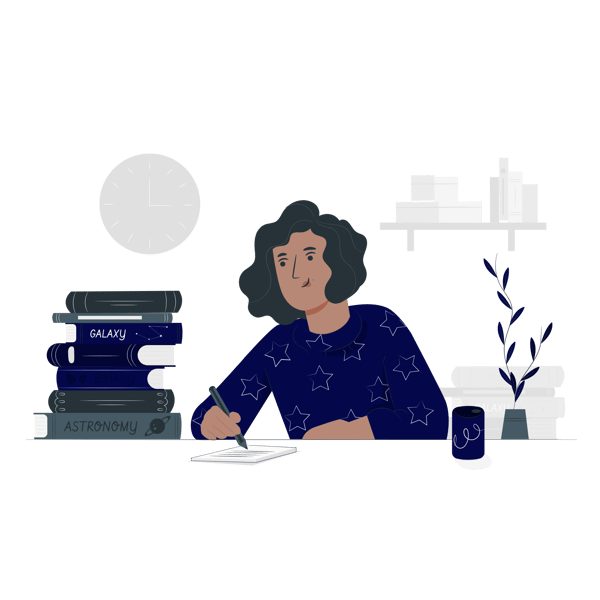
Study Smart, Not Hard
Download Free Study Plan
Anyone sick of that person who won’t stop talking about how many hours a night they study? What if you could prove to them that it’s not how many hours you study that counts, but how you study?
The number of hours you study is pointless if you aren’t actually achieving much during this time. Let’s explore some of the ways you can use your time for study well, thus saving more hours of your day to put towards your other interests.
1. Study in short spans of time. This is actually proven to help the brain process information; studying a concept for half an hour might be better than mulling over it for two hours. Think of long study sessions as promoting information overload – your brain won’t be able to hold all of the information you are cramming into it. Space out your study time so you never overload yourself.
2. Focus on how what you’re learning is connected. Laying down memory on a synaptic level involves connections (Year 12 Psychology students know this very well!), so focus on how what you’re learning connects to past information you’ve learnt. This will greatly aid and speed up memory work. You can also apply this idea in a more practical way – use mnemonic tools which work by drawing upon existing connections in your brain.
.png?width=250&height=250&name=Learning%20languages-cuate%20(1).png) 3. Be an active learner: teach it. When I was in Year 12, my mum could have practically taken my exam on the Russian Revolution because of how much I told her about it. But teaching her about the events and theories when we went on walks really fortified my learning and gave me much better recall of the things I needed to know. If you don’t have someone as truly patient as I did, tell your pet about your studies, or talk to yourself in your room! Even if your family thinks you are crazy, it will pay off.
3. Be an active learner: teach it. When I was in Year 12, my mum could have practically taken my exam on the Russian Revolution because of how much I told her about it. But teaching her about the events and theories when we went on walks really fortified my learning and gave me much better recall of the things I needed to know. If you don’t have someone as truly patient as I did, tell your pet about your studies, or talk to yourself in your room! Even if your family thinks you are crazy, it will pay off.
4. Go retro and ditch the screens. Some studies have shown that recall from learning on a screen is not as good as reading from a book. The same goes for notetaking: when you’re taking notes on a laptop, it’s easier to go on autopilot, copying down every single word from a PowerPoint, which means you aren’t processing the information as well as you would if you put pen to paper.
5. Don’t try to multitask! While it’s tempting to get a lot done at once, multitasking is actually just switching very quickly between two or more tasks, which reduces your efficiency in each individual task. Instead, make sure you focus fully on what you’re learning in the moment so you can get the most out of your learning time.
 6. Keep working when you’re under less pressure. The issue with studying to assessment tasks is that students often become complacent in weeks where they have nothing due. Instead of forcing yourself to cram in the week leading up to a test, keep your study habits more consistent. Learning information over a longer period of time helps retention. This way, you won’t have to study like crazy, cramming information which you are likely to forget.
6. Keep working when you’re under less pressure. The issue with studying to assessment tasks is that students often become complacent in weeks where they have nothing due. Instead of forcing yourself to cram in the week leading up to a test, keep your study habits more consistent. Learning information over a longer period of time helps retention. This way, you won’t have to study like crazy, cramming information which you are likely to forget.



